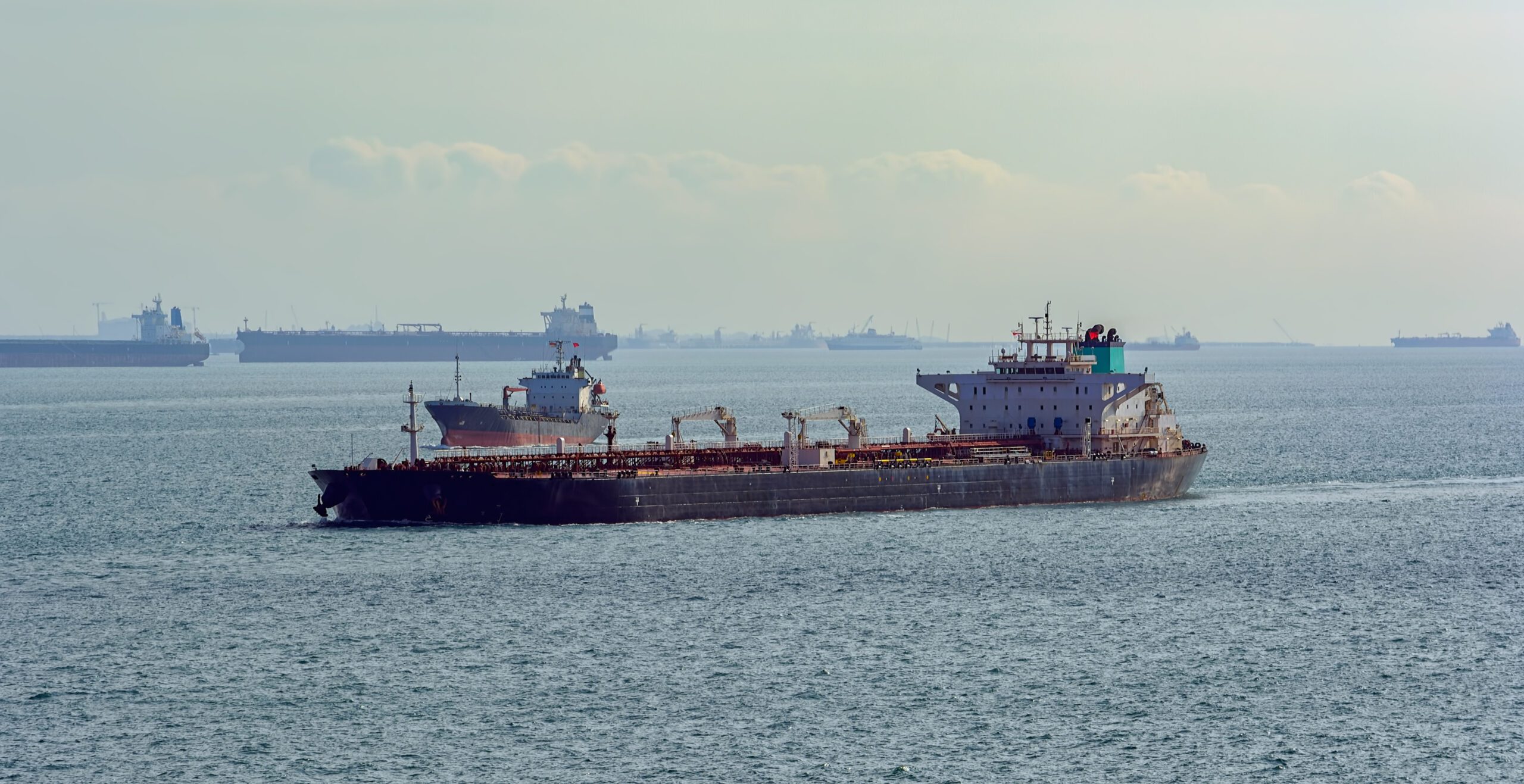The dark and shadow tanker fleet is not easily defined. The growing size of the so-called dark tanker fleet is growing concerns about the reputation of the global shipping and analysts suggest that the only next step for these vessels will be the recycling. Brokers Poten & Partners suggested this month the dark fleet of crude oil tankers is approaching 197 ships (69 VLCCs, 35 Suezmaxes, 74 Aframaxes and 19 Panamaxes).
Some analysts, according to the broker, estimate the fleet to be as large as 600 tankers (crude and product combined), while others suggest the tanker dark fleet is approaching 300-400 ships.
There are multiple estimates as to how many vessels make up the Russian shadow fleet, ranging from 100 to a higher estimate of 600.
It is well known that some “dark fleet” ships, hence the name, are switching off their Automatic Identification System, thereby going “dark”.
In these tactics they are involved elderly vessels, older to 15 years, which move all this illicit cargo, and their owners regularly change the tankers names and registry.
S&P Global Market Intelligence analysis estimates that 443 tanker vessels, with a deadweight greater than 10,000, are currently operating within the Russian shadow or ghost fleet. The number of vessels with a wider potential for risk in regard to Russian sanctions is estimated to be 1,900. These are vessels of all nationalities and ownership that have made Russian port calls, ship-to-ship (STS) transfers etc.
“Large volumes of Russian oil are shipped on Greek owned vessels. From these 1,900 ships the majority are Greek owned,” in accordance with the analysis.
New vessels have begun to work the Russian tanker routes. 35 new vessels have visited Russian oil ports for the first time in the period between December 5, 2022 and February 16, 2023.
The analysis identifies Ceuta on the North African Mediterranean coast as the current hotspot for Russian oil STS (ship-to-ship) transfers, with a monthly average of 18 between October 2022 and January 2023.
Other STS transfer hubs for Russian oil are the Peloponnese region of Greece and South Korea, as it is furthermore mentioned.
Russian diesel appears to be finding a new home in North Africa with multiple cargo deliveries to Tunisia in 2023. For the first two months of 2023, Russian refined product cargoes delivered to Tunisia have already exceeded volumes in 2022.
An increasing number of vessels that once worked the Venezuelan oil cargo route and engaged in suspicious activity when delivering these shipments are moving over to Russian tanker routes, S&P Global Market Intelligence said.



